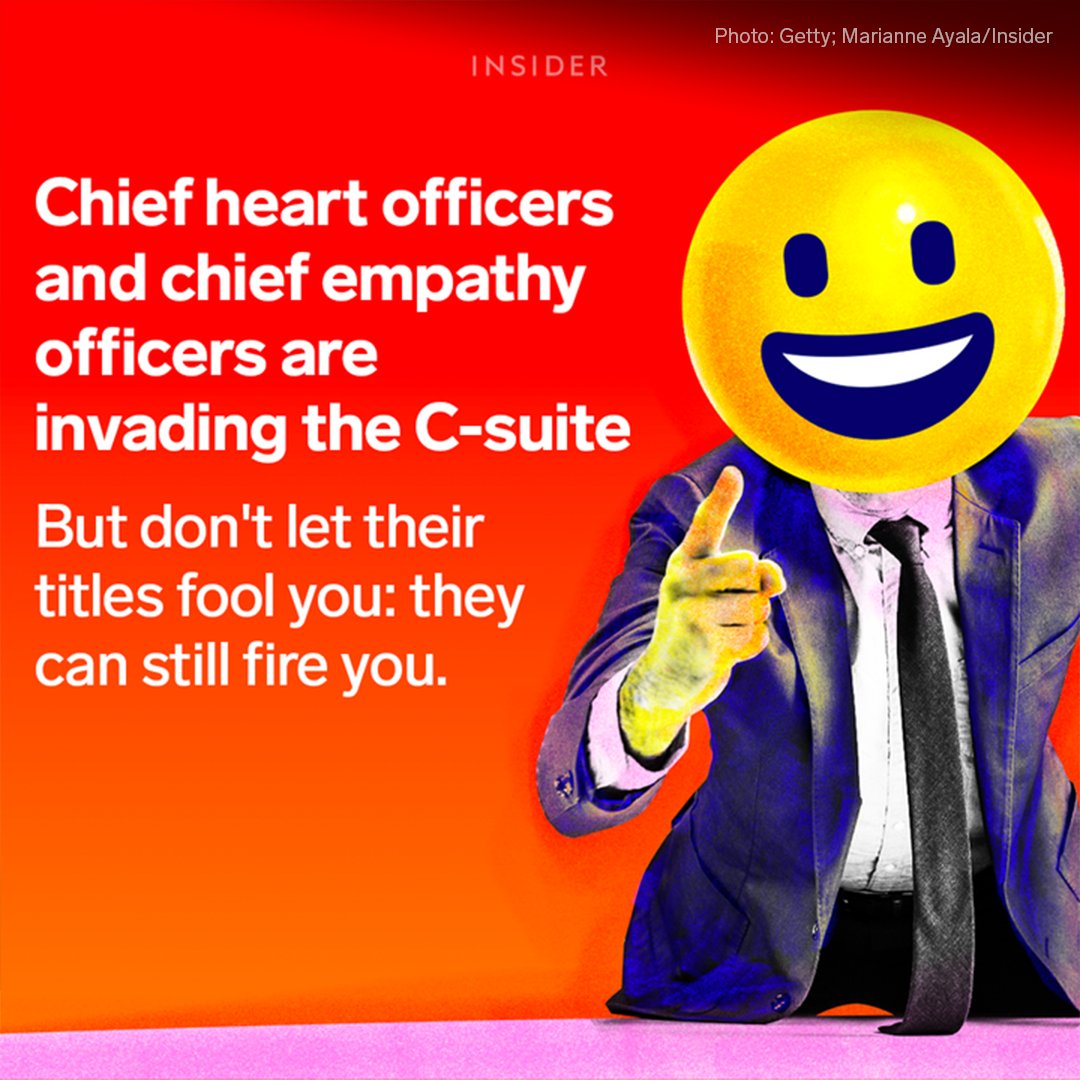Gwyneth Paltrow's @goop was the "it girl" of celebrity brands and valued at $400 million a few years ago.
But the company has had an exec exodus, with at least 140 employees leaving since September 2019. ⬇️
businessinsider.com/gwyneth-paltro…
But the company has had an exec exodus, with at least 140 employees leaving since September 2019. ⬇️
businessinsider.com/gwyneth-paltro…

There was no denying the power of its brand, balance sheet, and founder.
@goop — founded in 2008 as a newsletter out of Paltrow's kitchen — was ascendant and had attracted an impressive set of talent from places like @CondeNast and @MeredithCorp.
businessinsider.com/gwyneth-paltro…
@goop — founded in 2008 as a newsletter out of Paltrow's kitchen — was ascendant and had attracted an impressive set of talent from places like @CondeNast and @MeredithCorp.
businessinsider.com/gwyneth-paltro…
But over the past two years, the lifestyle blog turned e-commerce shop has seen high turnover, even for the startup world.
At least 140 Goop staffers appear to have exited since September 2019, according to a review of @LinkedIn data.
businessinsider.com/gwyneth-paltro…
At least 140 Goop staffers appear to have exited since September 2019, according to a review of @LinkedIn data.
businessinsider.com/gwyneth-paltro…

Insider spoke with four Goop employees who left within the past two years, who all agreed to speak on the condition of anonymity.
They said they experienced a taxing culture that had been made worse by the pandemic, as well as a lack of transparency.
businessinsider.com/gwyneth-paltro…
They said they experienced a taxing culture that had been made worse by the pandemic, as well as a lack of transparency.
businessinsider.com/gwyneth-paltro…

Goop was hit hard by the pandemic. The company furloughed dozens of people in March and April 2020, a number of whom ended up getting laid off or leaving.
But Goop insiders said that it had been losing talent for months before the pandemic hit.
businessinsider.com/gwyneth-paltro…
But Goop insiders said that it had been losing talent for months before the pandemic hit.
businessinsider.com/gwyneth-paltro…
A number of top employees — some of whom former employees referred to as Paltrow's "favorites" — had left the company (or been forced out) since the start of 2019.
businessinsider.com/gwyneth-paltro…
businessinsider.com/gwyneth-paltro…
Three former employees pointed to Juan Paul Ramirez, the company's former CTO, as a prime example of a former favorite.
Former employees said there was a mystery around Ramirez's exit that was emblematic of other senior leaders' departures.
businessinsider.com/gwyneth-paltro…
Former employees said there was a mystery around Ramirez's exit that was emblematic of other senior leaders' departures.
businessinsider.com/gwyneth-paltro…

Three former employees who left said they did so simply because they felt underappreciated, particularly when it came to compensation, which they felt was below industry standard.
businessinsider.com/gwyneth-paltro…
businessinsider.com/gwyneth-paltro…
As a result of departures and pandemic furloughs, three of the former employees said they picked up additional work for the company that stretched them thin.
There was also a sense of anxiety for some that they could be the next person laid off.
businessinsider.com/gwyneth-paltro…
There was also a sense of anxiety for some that they could be the next person laid off.
businessinsider.com/gwyneth-paltro…

The first former employee said they felt the company's attitude toward people who complained seemed to be, "You can leave."
businessinsider.com/gwyneth-paltro…
businessinsider.com/gwyneth-paltro…

Several former employees indicated they felt something bigger was going on at the startup beyond talent simply succumbing to pandemic-induced restlessness or moving on to seize new opportunities.
Subscribe to @thisisinsider to read the full story:
businessinsider.com/gwyneth-paltro…
Subscribe to @thisisinsider to read the full story:
businessinsider.com/gwyneth-paltro…

• • •
Missing some Tweet in this thread? You can try to
force a refresh








